British Drone Users Must Register and Pass Safety Test

Drone users in Britain are not just able to fly a drone freely without first registering them and passing a safety test that is administered. Anything that weighs more than 60 grams and hits a plane that is in motion, can cause serious damage to the plane and leave it along with its passengers in a dangerous situation. In the UK, there have been several near misses with planes and drones, but there have been no reported accidents or collisions to actually occur. While there have not been any reported accidents, this does not mean that the danger level decreases any.
Officials in the UK want to keep collisions from happening. To help minimize the potential that there will be any type of crash, anyone who owns a UAV or unmanned aerial vehicle that weighs more than 250 grams will need to officially register it with the government. Oh, and it is not free, so owners of the UAV will have to pay. Those owners who use their UAV leisurely will need to take and pass a competency test to ensure that they have the ability to fly their UAV as safely as possible.
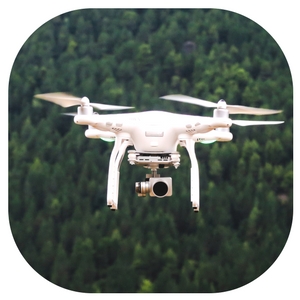
Plans for the new implementation of registering and safety testing were presented in a Department of Transport document. This document will explore the safe use of drones that are flown by both amateurs and professionals. Some of the biggest changes that occur will affect people who use drones for their personal use.
Andrew Heaton with the University of Central Lancashire’s Civic Drone Centre said, “Commercial pilots have been asking for the rules concerning hobby drone pilots to be tightened up.” Commercially flown drones currently are required to take a competency test and register their UAV with the Civil Aviation Authority. As of July 17, 2017, hundreds of police forces, businesses, and photographers have registered their UAVs.
Heaton continues to say, “They are concerned about someone just buying a drone, flying without any knowledge of the rules and causing an incident or accident, leading to a knee jerk reaction tightening of the regulation, which will affect them when they have done nothing wrong.”
While there is no indication of how much the charge to register the drones will be, the government document does state that it is highly likely that where will be a charge to register them. The document continues on to say that there is still no decision about whether each drone owned by an individual will need to be registered or if one registration will be enough with an unlimited number of drones owned.
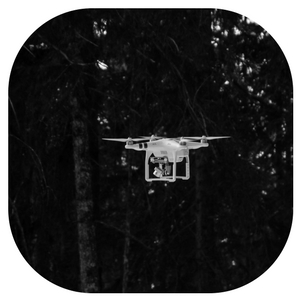
This legal move is a great way to make sure that anyone who owns and uses a drone understands that there are rules and how to follow them. This will help ensure that everyone is able to maintain their privacy and that there are safety and security measures in place. While the change may not seem like a big deal, it will be quite significant for those amateur flyers.
The UK is not the first country to introduce a drone register. In fact, the United States created one for non-commercial pilots back in December of 2015 and more than 770,000 people with UAVs are on the list. The US registration included a $5 USD charge to register the drone. In addition to the US, Ireland has introduced a drone register in 2015, but only requires users who have a craft weighing more than 1kg to apply.
The hardest part about the register is how to ensure that everyone actually signs up like they are supposed to. Heaton continues to discuss the issues that may be faced with the register and he states, “I am not sure how effective a registration scheme will be.bri” While the idea is great, there is little known about how it will actually work and what types of checks and balances will be in place. Many experts compare it to the concept of car insurance where it is required, but not everyone buys it. Heaton goes on to explain that it would not make sense to have a register and consequences for drones if enforcement does not occur.
A Freedom of Information Act request sent to the Federal Aviation Administration showed that there had been no enforcement action taken against anyone registered on the drone database in more than 12 months.
It is easy to understand that many people will overlook the fact that they need to register their drones, due to the sheer excitement that they have to get out there and fly them. Unfortunately, drones that have cameras attached to them do need to be regulated due to privacy concerns.
The US currently no longer has an active drone registry for amateurs, due to some concerns because model aircrafts were considered to be drones. The US now only has a commercial drone registry in place.
The Department of Transport has worked closely with the Civil Aviation Authority to develop a drone code that was launched last year. There are six main principles to the code and should be followed at all times:
– You are responsible for each flight
– Always keep your drone in your sight
– Stay well away from airports, aircrafts, and airfields
– Every time you fly your drone, you must follow the manufacturer’s instructions
– Stay below 400 feet to comply with the drone code
– Keep your distance from people and property

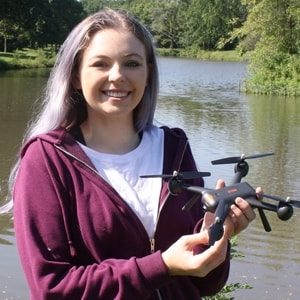

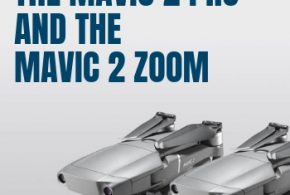
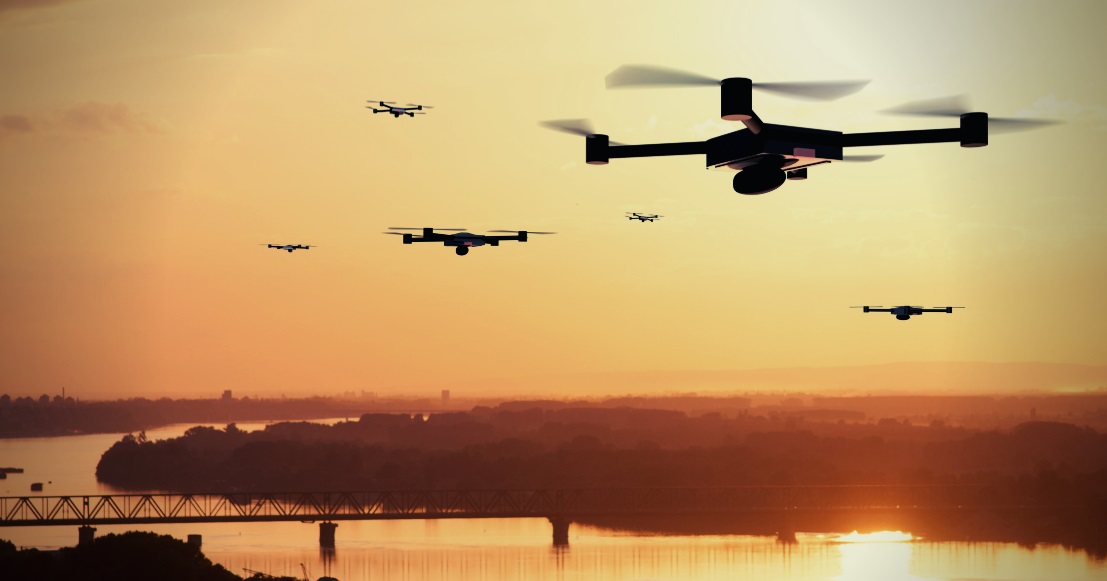
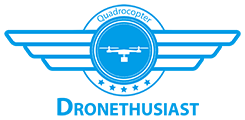
My drone is registered with the FAA and I follow rules of conduct set by them. I have seen a number of people fly a drone in more than 3 National Parks as well as inside the 5 mile radius of an airport. I fear that if people continue to ignore the rules, one day the ability to fly drones in the US may be something only a licensed sUAV pilot will be able to enjoy.